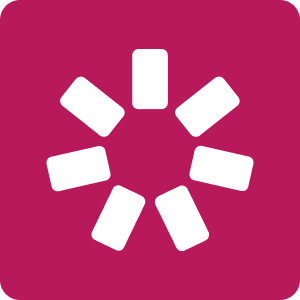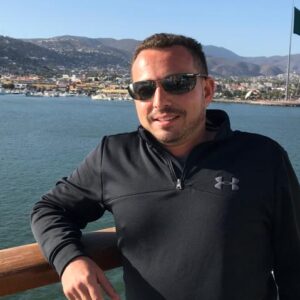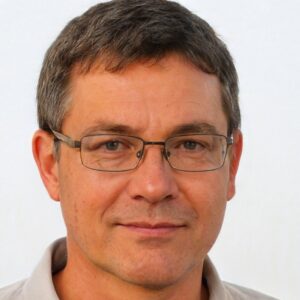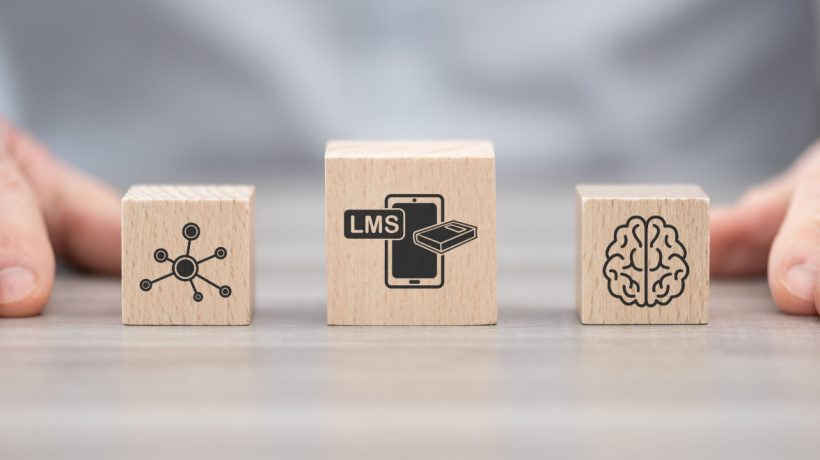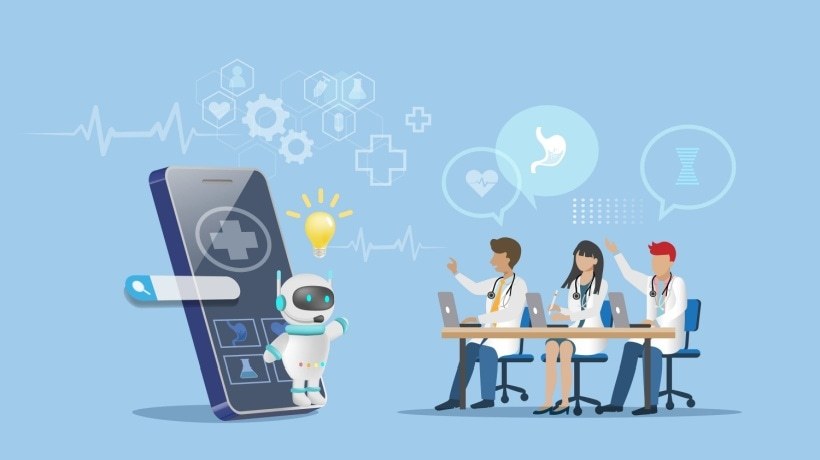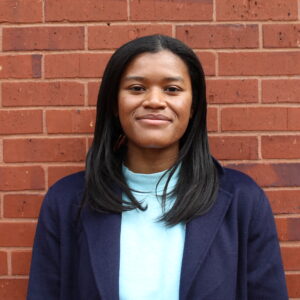Using An LMS In Medical Education: A Case Study
Back in 1993, the son of Chris and Florence Hendriksz, future founders of FYMCA, was diagnosed with a rare disease. At that time, the family lived in South Africa, but there was no information available about the disease in the region — not to mention a treatment. In search of answers, the Hendrikszs moved to the UK.
Today, Chris is the world’s leading ultra-rare disease expert and CEO of his family company, FYMCA Medical. FYMCA thrives on educating doctors and health care providers in low-income countries on how to diagnose rare diseases, and how to treat and manage the patients.
With iSpring, FYMCA is training doctors across the globe, delivering unique knowledge via the Learning Management System iSpring Learn. As Chris told us:
"Many of these doctors have never ever been to a medical conference, because they can’t afford it. With iSpring, we’re taking the message out to them and making it accessible to them — they can even learn offline."
Launching FYMCA’s First Training Program: The Panama Event
Each FYMCA program starts with a live conference in one of the low-income regions of the world. Using the material covered at a conference, the FYMCA team is creating an online program. Local doctors, who participate in an event, get access to an online program for one year.
In 2017, FYMCA Medical arranged their first event in Panama. They invited 30 doctors from the Central American region: Panama, Nicaragua, Ecuador, the Dominican Republic, and Mexico. At the event, a board of world experts was presented. They gave lectures about three rare diseases: Gaucher Disease, Fabry Disease, and MPS Disorders (Mucopolysaccharidosis). Their lectures were captured on video.
Building An Online Learning Program In iSpring
After the event, Chris took the lecturers’ presentations and videos, and transformed them into online learning courses using iSpring Suite:
"I took PowerPoint presentations, put all the video recordings in manually and synchronized them in the Narration Editor. Sometimes, if there are problems with sound, I use the iSpring tools to improve it or make minor changes."

Video content runs in the top corner, and the delegates can switch between modes to focus on the video or the slides.
For each presentation, Chris also created and designed a quiz. In total, he single-handedly built all 30 courses and 30 quizzes without any IT background.

Each module of the learning path ends with a quiz
When the courses were published, the FYMCA team created a learning path in iSpring Learn and invited the 30 doctors who took part in the event. The Panama learning path includes three modules — one per disease. A module consists of 10 courses (45 minutes each). Here’s what the FYMCA portal looks like.
The doctors have a year to complete all 30 online courses. With the iSpring mobile learning app, they can learn whenever they have time, using their mobile devices. Chris highlights that having a mobile LMS is vital for the FYMCA project:
"A big advantage of iSpring LMS is that once the course is loaded to the system, it runs on any platform or mobile device. Delegates can even download courses. And that means a lot, because the internet is often poor in these low-income countries."
Those who get through the content will then be invited to the next event, where different topics of training will be covered. At the moment, all 30 participants registered on the platform are actively studying, but there are two who are running through the modules much quicker. One doctor has completed all 30 modules within a month. Chris explains why it is so important to monitor learner engagement:
"We are trying to identify the new leaders of the future who are really dedicated to this field of medicine, and train them up with adequate knowledge. That’s why the reports was actually one of the key reasons why we chose iSpring Learn LMS.
I can actually make sure that doctors viewed all of the content — not just the quiz and run through, but also how many hours they physically spent looking at the content. The platform allows us to track that."

The reports are useful to monitor quiz results and overall engagement with the content
The Botswana Event: The Second Training Program Goes Online
All FYMCA programs are supported by Shire [1], a biopharmaceutical company focused on serving people with rare diseases and other highly specialized conditions. As Dr. Zoya Panahloo, Global Medical Lead for Shire’s Charitable Access Program, told us:
"Shire has a Charitable Access Program which provides contributions of medicinal products for rare, genetic diseases to non-governmental organizations in select countries. In addition to ensuring stable and continuous access to treatment for patients in underserved communities, the goal of this program is to also support capability-building for sustainable, long-term patient care. To make progress toward these goals, Shire is privileged to work with collaborative partners like FYMCA."
With Shire’s support, another FYMCA event took place in Botswana in June 2018. This time, it was attended by 37 delegates and two patient organizations from South Africa, Botswana, Sudan, Ethiopia, Kenya, Tanzania, Mozambique, Mauritius, Lesotho, Zambia, Malawi, Nigeria, Cameroon, and Ghana. The training faculty included eight rare disease experts from the United Kingdom, the United States, Brazil, and South Africa.
In addition to three lysosomal disorders that were covered during the Panama event, this program also included disorders that FYMCA predicted to be occurring among local populations, like urea-cycle disorders, fatty-acid-oxidation defects, and many others.
Florence Hendriksz, Head of Operations at FYMCA Medical, shared some details of the Botswana event:
"For this event, we did not require interpreters, all training was provided in English and delegates are comfortable in doing the online training in English. The delegates at this event were much more engaging either because of culture or language, or the combination of the two.
Awareness of Rare Diseases across the African content is very poor, which is why this was such a significant event. For some Botswana delegates, it was the first official/formal training in Rare Diseases."
Building Botswana’s Online Learning Path In iSpring
At the moment, the FYMCA team are putting together online courses with iSpring to upload them to the online training platform. As the project has grown, Chris’s son, Armé, has joined the team. He shared his first experience of using iSpring:
"After watching some of the videos and consulting the documentation on the iSpring website, I felt ready to use iSpring within half a day. Which I think shows how easy it is to pick up and start creating content, and how well it has been integrated within PowerPoint.
A feature that was useful was that I could trim the videos and edit the sound within iSpring; it saved me from having to load another program just to make small adjustments."
Armé also walked us through his process of content creation:
Once back from an event, I’ll have maybe four SD cards filled with footage. I will grab the footage from the cards (normally two to three hours of footage on an SD Card) and then cut them up into smaller videos (around 45 minutes) surrounding each topic.
Once I have all the videos for each topic, I will then head to PowerPoint, where I have the iSpring plug-in. I will then spend my time in the Manage Narration window syncing up the slides with the video.

Right after importing video
In order to quickly get through each 45-minute video, I use the thumbnails of the imported video to gauge when a slide has changed alongside the soundwaves, to see any quiet areas that may represent a speaker going quiet whilst they change slides.

Later on in the video looking at the thumbnails
The combination of the latter only helps to get a rough idea, and so I will then play the video on occasions and see how close the sync was. With this technique, I normally can get a video done within 30-45 minutes depending on the speaker and how well I can gauge their speaking style.

Noticing a change in the thumbnail, I then zoom in and look at the soundwave, meanwhile playing the video from this point. Then, finally, I move the slide position.
Early Results Of FYMCA Education
The program is already bringing results, and not just in the LMS, but in the real world too. As Chris told us:
"Since our event in Panama, we've actually had two children in Ecuador diagnosed. One of these patients was too far in this disease process, so actually giving him treatment will make his life hell. We were able to help the doctor tell the family that even in our part of the world we won't treat the child, but rather they should spend as much time as possible with the child, do some nice things and make some hospice arrangements, because sadly the child will not live for many more years. But it makes life at least manageable rather than not knowing."
Dr. Zoya Panahloo, from Shire, also highlighted the importance of the FYMCA program:
"The work that FYMCA does to provide rare disease education and services to physicians in developing countries is key. By sharing this knowledge and making resources available to physicians for later reference, FYMCA’s educational modules help to strengthen the capabilities of physicians globally to improve diagnosis and, consequently, a more sustainable future outlook for patients with rare diseases."
The Program Continues
The next FYMCA event will take place in October in Kazakhstan. Once the event is over, a new learning path will be launched in iSpring Learn LMS. Chris shared some ideas for the future program:
"There’re many features in iSpring that we didn’t have time to utilize yet. For example, we want to use the dialog simulator particularly on teaching people communication skills of how to break bad news about a rare disease."
In the future, FYMCA is planning to start a paid program for doctors from developed countries. Profits from this program can be reinvested in the developing world. Chris and his team are very excited about the future of FYMCA:
"This program is my dream. I've actually left my full-time job now so I can do only this. I think the doctors and the children across the world deserve this, and nobody else is willing to spend the time to develop it. And we've said we will be willing to do that."
References:
